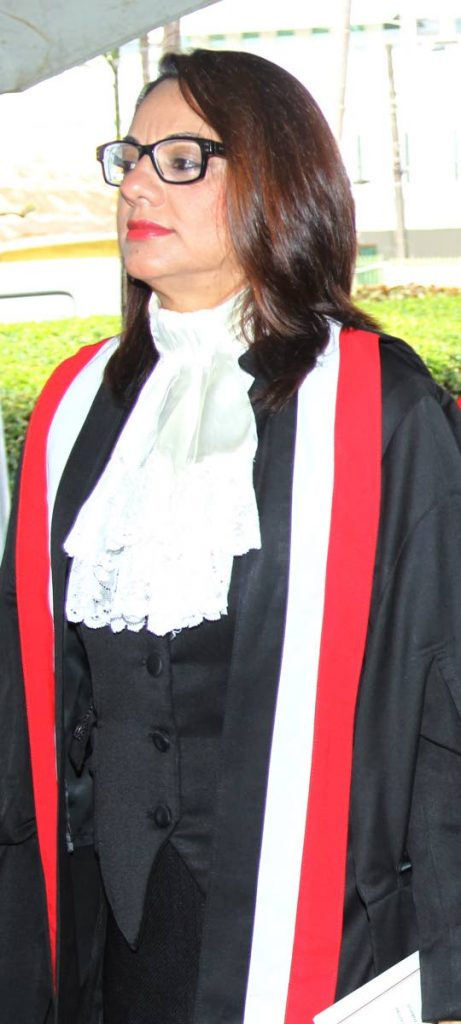As easy as section 123

THE MOST astonishing aspect of Justice Nadia Kangaloo’s historic ruling on Thursday is not its outcome but its implication.
For almost 15 years, the State has been getting it wrong when it comes to acting appointments to the highest post in the police service.
The Police Service Commission (PSC) has been making acting top cop appointments, prime ministers have sat alongside these appointees at National Security Council meetings and acting top cops have been directing policies and signing off on billions worth of expenditure – all seemingly none the wiser to the correct procedure that should have been adopted under section 123A of the Constitution.
Section 123A outlines how a commissioner is appointed. It originated in 2006.
Previously, the prime minister of the day had a veto over who was appointed. Section 123A ushered in a new process which sees the PSC come up with a list of candidates. This is forwarded to Parliament via the Office of the President as conduit for debate and for the approval of candidates.
Thursday’s ruling makes clear the law was too narrowly interpreted by all concerned for years. The judge plainly determined there was no room to impose a pragmatic interpretation that legitimised such breaches, no matter how routine. (Indeed, she had effectively been asked to do so by counsel.)
As much as we are dismayed by this embarrassment, the ruling is also something of a victory for the people.
At a time when there are concerns about corruption within the rank and file of the police service, the court has confirmed Parliament has a greater role to play in the scrutiny of appointments to the police top brass. Not only must MPs vet nominees to be top cop, but they must also scrutinise deputies as well as acting appointments to both positions.
However, the dangers of the over-politicisation of the police service are apparent.
It should not be forgotten that section 123A, in its current form, was promulgated so as to remove the prime ministerial veto and widen deliberation in relation to nominees.
Having to debate so many nominees may dilute the quality of scrutiny if these processes are rushed.
Equally, such debates may also tie up crucial appointments, holding them hostage to the whim and fancy of a government’s Parliament agenda.
The law also places greater pressure on the State to provide adequate notice of such debates to an opposition bench so that there is enough time to conduct probing research of candidates.
Notwithstanding the potential for more oversight, whether the law, as currently formulated, gets the balance right is now an issue to be considered afresh by the Government and the Opposition.


Comments
"As easy as section 123"